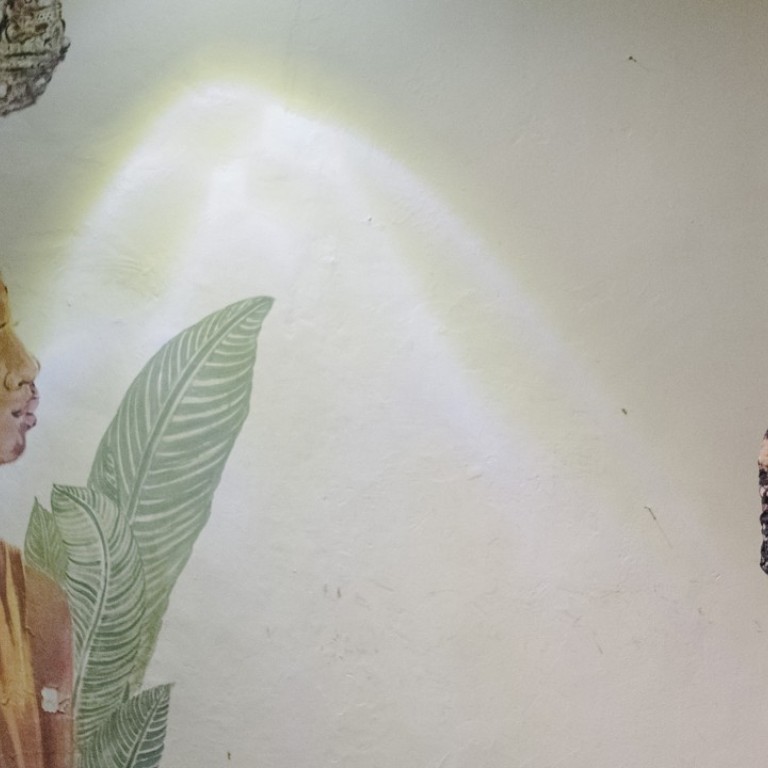
Hijab-wearing stand-up comic fights Islamic extremism in Indonesia using laughter as her weapon
Inspired by the late Robin Williams and motivated by rising religious intolerance in Indonesia, comedian and activist Sakdiyah Ma’ruf says cracking jokes is one way to open closed minds
As Indonesia’s first female stand-up comedian, Sakdiyah Ma’ruf likes to confront the serious subjects head-on. “Governments around the world are trying and failing to tackle extremism. Now you’re turning to comedy?” she asks from under her hijab.
Sakdiyah was referring to the SEJUK Awards Gala that she will host at Jakarta’s Goethe Haus on March 9, sponsored by the Norwegian embassy. SEJUK is the Indonesian acronym for United Journalists for Diversity, established by 30 prominent journalists, including internationally honoured Tempo magazine founder Goenawan Mohamad.
The biennial awards, first handed out in 2014, offer cash prizes and training fellowships to promote reporting across the media spectrum on diversity issues and minority groups.
The five books John Moorhead couldn’t live without: Hong Kong comedy club founder’s must-reads if stuck on a desert island
SEJUK arose in response to a June 1, 2008 attack, by violent groups purporting to defend Islam, on a rally by the tolerance advocacy group Alliance for Freedom of Faith and Religion at the National Monument in Central Jakarta. The attack broke up the event and left more than a dozen people injured.
The incident was a stark example of how Indonesian extremist groups wave the banner of Islam while threatening and attacking minorities, including Christians and other Muslim sects. Their targets have extended to activities contrary to their vision of Islam, including nightclubs and the short-lived local version of Playboy magazine.
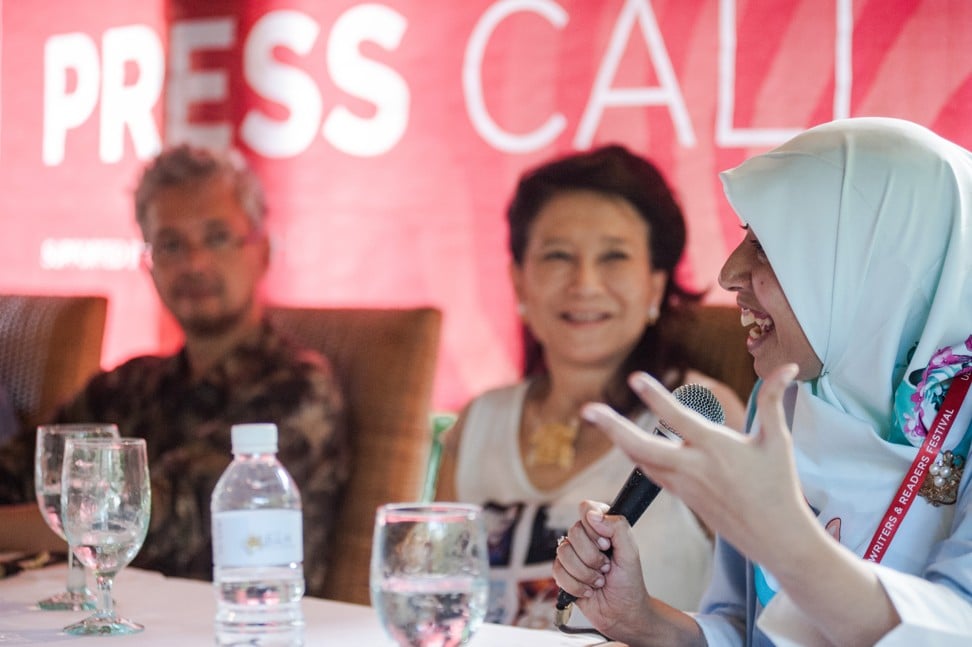
Sakdiyah, who grew up in an ethnic Arab community in Central Java practising a strict form of Islam, looked forward to living in the Indonesia of Bhinneka Tunggal Ika, a place “where you could wear miniskirts and have boyfriends”.
Instead, Sakdiyah says, “I found that many urban Muslims in Indonesia, who grew up with far more freedom than I did, suddenly started adopting the closed-minded attitudes of people in my community. I escaped the desert only to find a whole other desert waiting for me. Something in Indonesia is definitely changing, and under this hijab I am worried.”
Comedian Russell Peters talks about getting sick in Hong Kong and ‘professional offence takers’
As an activist, Sakdiyah says she is excited to be hosting the SEJUK gathering. “I am desperate for inputs and insights because I believe I need to continue growing as a comedian, and one of the best ways to grow is to listen to others’ perspectives.”
I went to school with so many conditions from my parents that I wish I’d had a lawyer to negotiate.
She believes her role as master of ceremonies offers the right mix of talking and listening opportunities.
“By being the host of the event, I know that I am acknowledged as part of the community advocating diversity, tolerance, non-discrimination and peace. But at the same time, I am given the opportunity not to be at the centre of attention. I am not going to speak, I am not going to do full length stand-up, just a quick opening set and jokes in between presentations throughout the event,” she says.
Sakdiyah has won her own share of awards and international honours, including the Freedom Forum’s Vaclav Havel Prize for Creative Dissent in 2015. She also serves as an ambassador for the University of California’s Moral Courage Project, and recently hosted a discussion entitled “Women, the Hijab and Peace” for the Wahid Foundation, carrying on the work of former Indonesian president Abdurrahman Wahid, a Muslim cleric who advocated tolerant Islam.
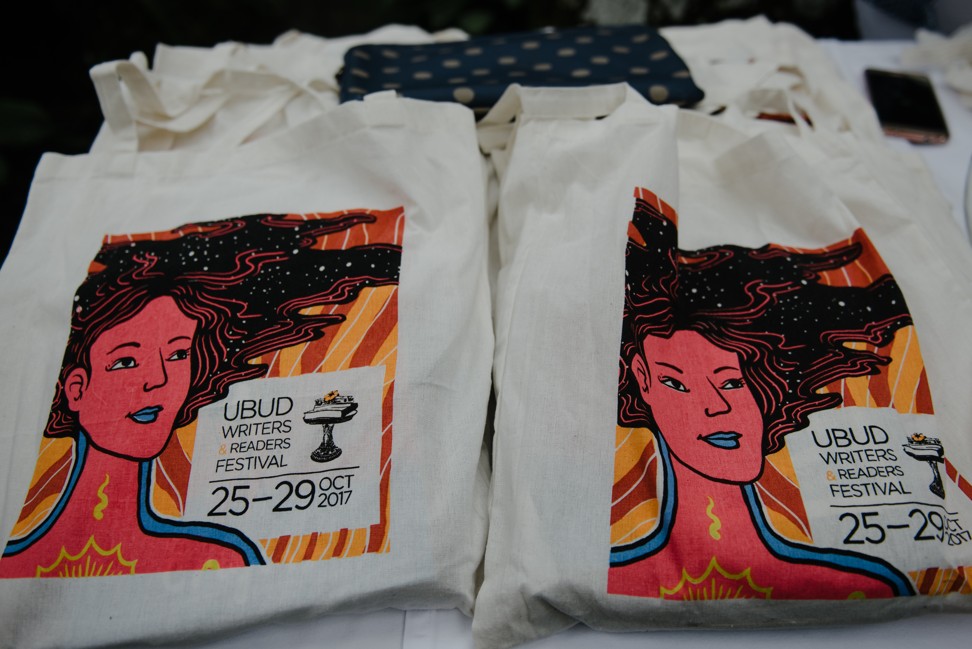
Sakdiyah performs – and lives – wearing the hijab headscarf and loose clothing that covers her except for her face, hands and feet. She says she now wears the garment as a stand against consumerism and the objectification of women. She had no choice in the matter growing up in Pekalongan, Central Java, where, she says, “girls are encouraged to marry their rich neighbours” by their mid-teens.
“They’re either pretty or rich,” Sakdiyah quips, and counts herself lucky that “my parents sent me to school”.
High test scores enabled Sakdiyah to move from a Muslim madrassa to a government school and eventually to Yogyakarta’s Gadjah Mada University, where she earned her first degree in English and then her master’s with a thesis on stand-up comedy. She was the first student from a madrassa awarded an advanced degree at the prestigious university, but it wasn’t easy.
Film review: I Can Speak – lighthearted Korean comedy with a surprise political gut punch
“I went to school with so many conditions from my parents that I wish I’d had a lawyer to negotiate. I’m not supposed to go anywhere outside class, not supposed to go to other activities, not supposed to know anyone of the opposite sex. I never knew my parents were so supportive of lesbianism,” she says.
Jokes aside, Sakdiyah saw school as her ticket to “refuge in this imagined idea of Indonesia, of living together in this diverse, tolerant country that puts respect first”.
But when she saw the growing adoption of extremist practices, such as separation of men and women in public spaces – “I was coming from a conservative community but there was no such thing as separation: women just didn’t go out” – she embraced activism.
Her participation in dissent often meant violating her curfew, climbing over her boarding house fence, and duping her parents when they called to check on her by imitating other women’s voices, trying to convince them she was in her room with friends.
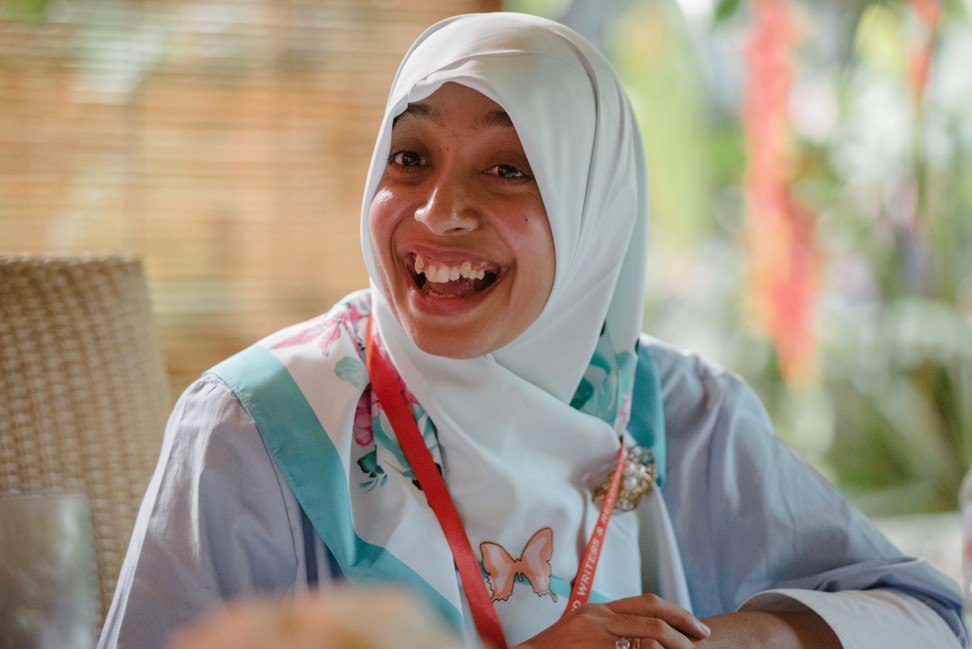
Good comedy makes you laugh. Great comedy makes you cry
She also listened to rock ‘n’ roll. “The reason why I am who I am today are musicians, Sheryl Crow, Sarah McLachlan, Lisa Loeb, Meredith Brooks … basically female rock musicians. They really instilled strength inside of me.”
Sakdiyah cites one more special woman who inspired her: her mother. “She is a regular career woman working in an office and also supporting her family. But she was once a poet, and I think I’m here to hopefully be able to continue what she sadly had to give up because of marriage and tradition and family.”
Sakdiyah got married in 2016, characterising the event as “having dinner with hundreds of people so I could have sex”. Her husband is from outside her Arab community, which she chalks up as “another victory” against her upbringing. She is expecting her first child in May.
How US comedians roasted Trump for his ‘s***hole country’ remarks about African nations
Sakdiyah performs in both Indonesian and English, but presents distinct material in each language.
“The key issues remain the same: identity, women’s issues, women’s rights, the rise of conservatism in Indonesia, a couple of personal experiences with family, but different jokes because comedy is almost untranslatable. So I rarely have a chance to perfectly translate my jokes in Bahasa Indonesia into English, and vice versa.”
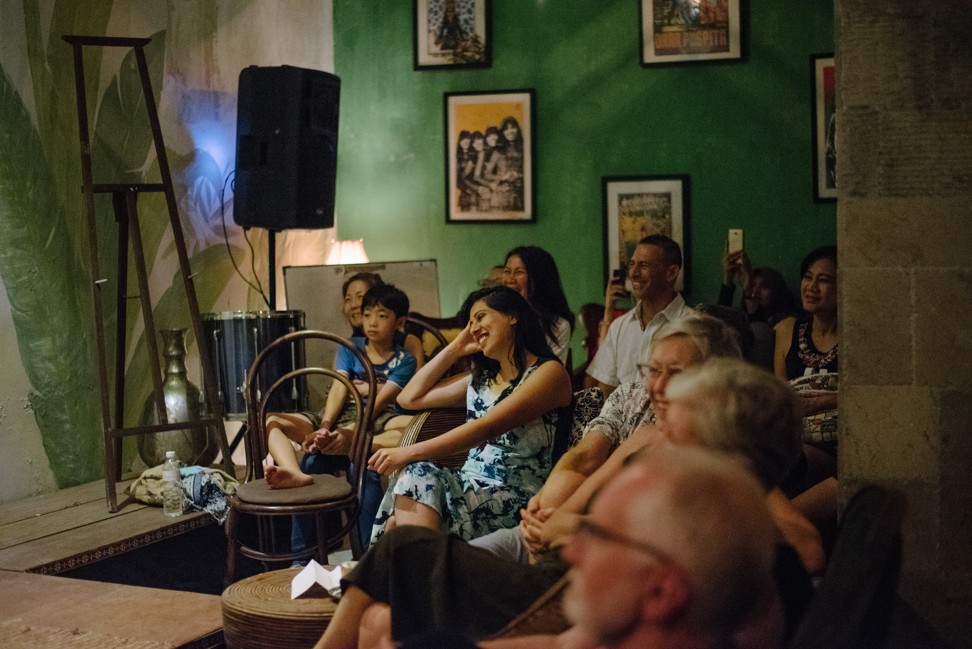
“Every time I perform I feel like Eid al-Adha [the Muslim festival of the sacrifice], where I am the goat or cow that is ready to be slaughtered in this wonderful celebration. But when I manage to connect even to half of the audience and see in their eyes the same pain, even the same hope, it’s the connection …
“There is something irreplaceable about live performing. I mean, Jerry Seinfeld is going back on the road. He doesn’t need to. He has all the money in the world.”
Some people have suggested to Sakdiyah that Islam and fighting extremism are no laughing matter. “In comedy, there’s no such thing as tragedy or pain, just our ability to see irony in everything,” she says. “Good comedy makes you laugh. Great comedy makes you cry.”

